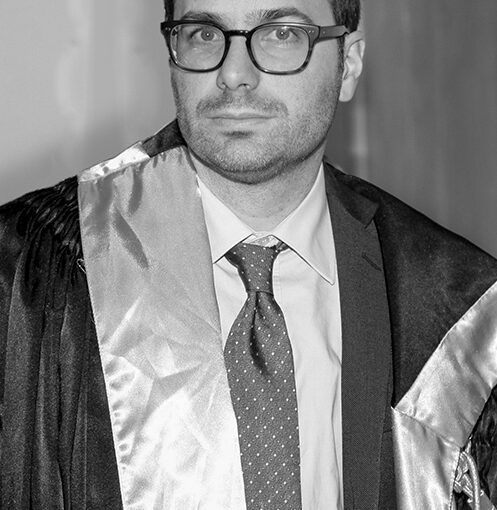Prof. Avv. Davide Maresca is currently managing partner of the Maresca & Partners law firm in Brussels and Genoa, where he has gained specific experience in the field of state aid, competition and regulation of transport infrastructures.
Il Prof. Avv. Davide Maresca è attualmente managing partner dello studio legale Maresca&Partners a Bruxelles e Genova, dove ha maturato specifica esperienza in materia di aiuti di stato, concorrenza e regolazione delle infrastrutture di trasporto.
The Firm has always paid a great deal of attention to the discipline dictated by the European Union in the matters of liberalization of services, privatizations, transport, labor, the environment, consumers, competition and, in general, the internal implementation of the most important Community policies.
Particularly important is the activity performed before the European Commission and the European Courts (Court of Justice and Court of First Instance) as well as the corporate consultancy activity regarding conduct compliant with EU regulations. The Firm constantly follows the procedures it is invested with before the institutions of the European Union using a dedicated structure in Brussels.
The firm boasts a consolidated experience in competition matters both internally and at community level. The activity was concentrated in the treatment of numerous cases of abuse of a dominant position, agreements / cartels and concentrations. On many occasions our lawyers have dealt with liberalized economic sectors as well as the IT sector (in particular the production, trade and use of software) and infrastructures.
Particular relevance is represented by the state aid and internal market activity, with reference to the free movement of services, goods and capital, as well as the award of public contracts and concessions.
In assisting M&A and privatization operations, in addition to the corporate aspects, the Firm pays particular attention to the prevention and resolution of situations actually or potentially distorting competition.
Lo Studio dedica da sempre moltissima attenzione alla disciplina dettata dall’Unione europea nelle materie della liberalizzazione dei servizi, delle privatizzazioni, del trasporto, del lavoro, dell’ambiente, dei consumatori, della concorrenza e, in generale, dell’attuazione interna delle più importanti politiche comunitarie.
Particolare rilevanza ha l’attività prestata davanti alla Commissione europea e alle Corti europee (Corte di giustizia e Tribunale di primo grado) nonchè l’attività di consulenza societaria in ordine ai comportamenti conformi alla disciplina comunitaria. Lo Studiosegue costantemente le procedure di cui è investito davanti alle istituzioni dell’Unione europea avvalendosi si una struttura dedicata a Bruxelles.
Lo Studio vanta una consolidata esperienza nella materia della concorrenza tanto a livello interno quanto a livello comunitario. L’attività si è concentrata nella trattazione di numerosi casi di abuso di posizione dominante, intese/cartelli e concentrazioni. In molte occasioni i nostri avvocati si sono occupati di settori economici oggetto di liberalizzazione nonchè del settore dell’informatica (in particolare della produzione, commercio e utilizzazione di software) e delle infrastrutture.
Particolare rilevanza è rappresentata dall’attività in materia di aiuti di stato e mercato interno, con riferimento alla libera circolazione dei servizi, delle merci e dei capitali nonché all’aggiudicazione degli appalti pubblici e delle concessioni.
Nell’assistenza ad operazioni di M&A e di privatizzazioni, oltre agli aspetti societari, lo Studio dedica particolare attenzione alla prevenzione ed alla risoluzione di situazioni effettivamente o potenzialmente distorsive della concorrenza.









